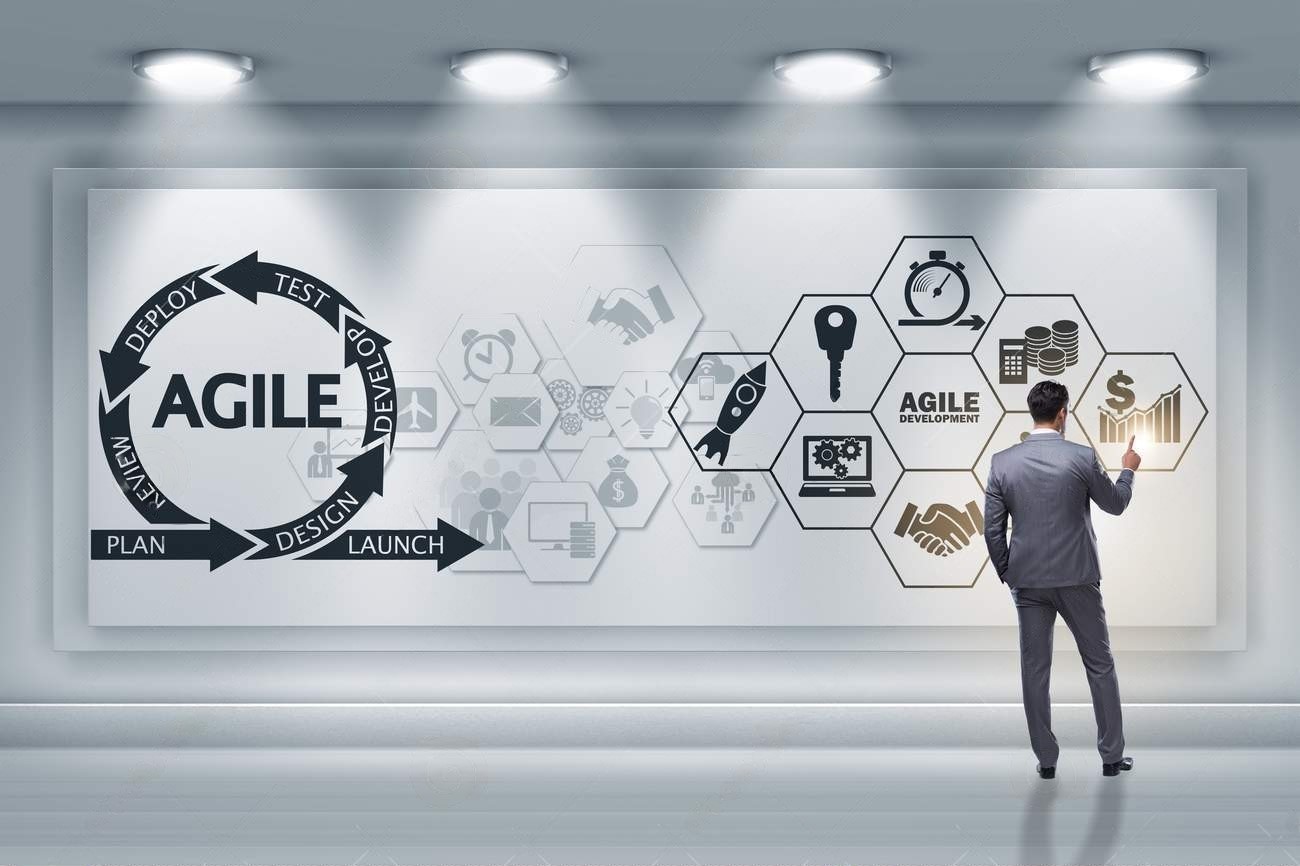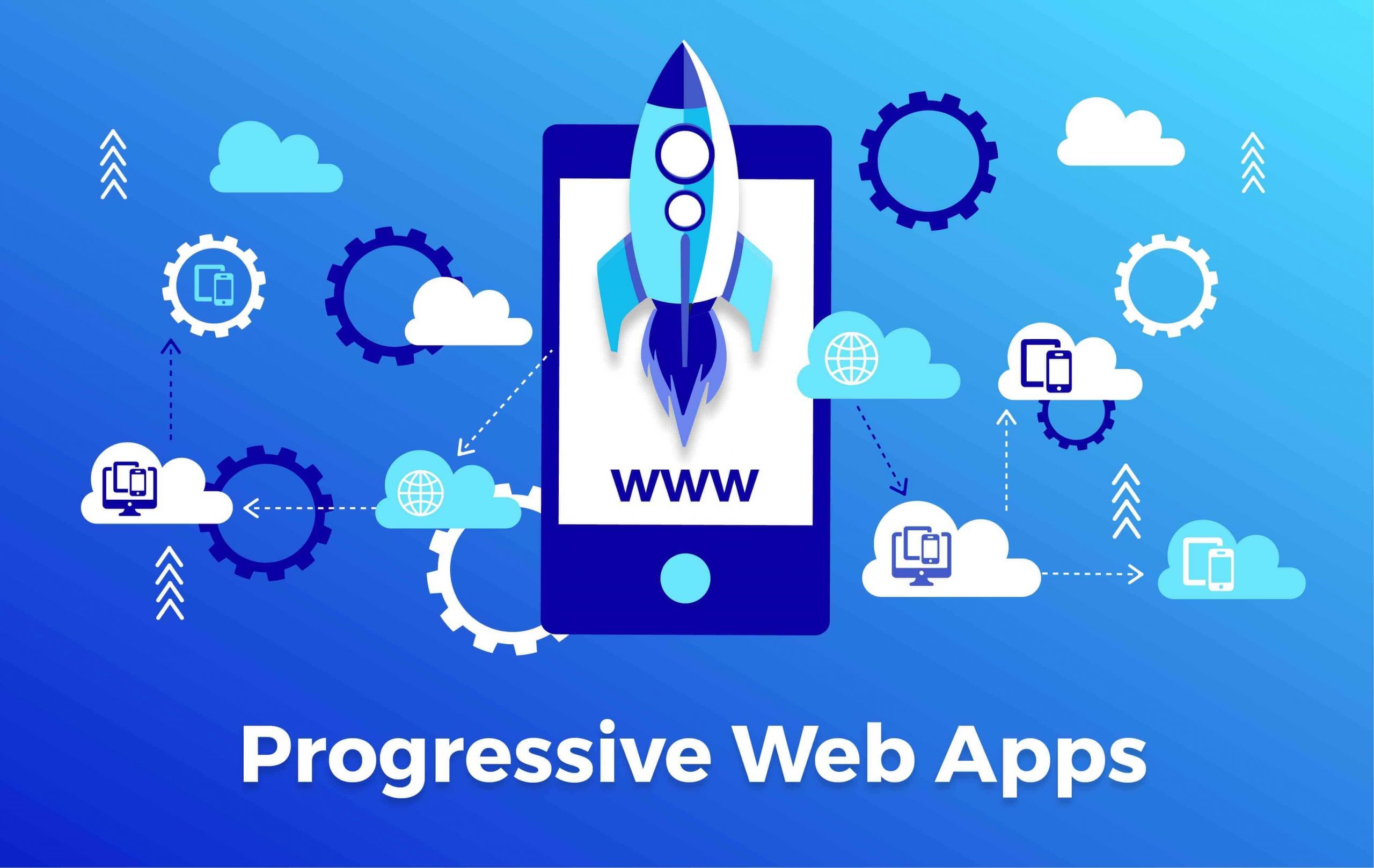What is DevSecOps? Features, Benefits, & Difference from DevOps

In today’s fast-paced software development landscape, delivering high-quality applications quickly and securely has become a paramount goal. While DevOps has revolutionized the software development process by fostering collaboration between development and operations teams, it is equally important to integrate security into the entire software development lifecycle. This is where DevSecOps comes into play, enabling organizations to build and deploy secure applications without sacrificing speed or agility. In this blog post, we will explore DevSecOps, its process, benefits, and how it differs from traditional DevOps.
Understanding DevSecOps
DevSecOps, short for Development, Security, and Operations, is an approach that integrates security practices into the DevOps culture. It emphasizes collaboration, communication, and automation among developers, operations teams, and security professionals. By integrating security throughout the software development lifecycle, from design to deployment, DevSecOps ensures that security is not an afterthought but an inherent part of the development process.
Feature of DevSecOps
- Early Security Integration: DevSecOps starts by incorporating security considerations from the project’s inception. Security requirements are defined alongside functional requirements, and threat modelling is performed to identify potential vulnerabilities.
- Continuous Security Testing: Automated security testing tools are leveraged to continuously scan code for vulnerabilities, perform static and dynamic analysis, and conduct penetration testing. These tests help identify and fix security issues early in the development cycle.
- Security as Code: Security controls and configurations are treated as code and stored in version control systems. Infrastructure is provisioned and configured using Infrastructure as Code (IaC) practices, enabling security to be managed and audited in a scalable manner.
- Secure CI/CD Pipelines: Security checks, such as vulnerability scanning and compliance validation, are integrated into the continuous integration and deployment (CI/CD) pipelines. This ensures that security controls are validated and enforced before software is deployed to production.
- Continuous Monitoring and Incident Response: Real-time monitoring and logging are implemented to detect and respond to security incidents promptly. DevSecOps teams collaborate with security operations (SecOps) to analyse logs, investigate incidents, and implement necessary remediation measures.
Benefits of DevSecOps
- Enhanced Security: By integrating security practices throughout the software development lifecycle, DevSecOps enables proactive identification and mitigation of vulnerabilities. This results in more secure applications and reduces the risk of breaches and data leaks.
- Improved Collaboration: DevSecOps promotes cross-functional collaboration, breaking down silos between development, operations, and security teams. Collaboration leads to shared responsibility for security and fosters a culture of continuous improvement.
- Faster Time to Market: Contrary to the misconception that security slows down development, DevSecOps empowers teams to identify and fix security issues early in the development process. This prevents last-minute delays and ensures faster delivery of secure software.
- Compliance and Auditing: With security controls treated as code, DevSecOps facilitates consistent and auditable security practices. Compliance requirements can be met more effectively, reducing the effort and complexity associated with security audits.
Differences Between DevOps and DevSecOps
Scope
- DevOps: DevOps primarily focuses on the collaboration and integration between development and operations teams. It aims to automate and streamline the software delivery pipeline, emphasizing continuous integration, continuous delivery (CI/CD), and rapid deployment.
- DevSecOps: DevSecOps expands the scope of DevOps by including security practices throughout the software development lifecycle (SDLC). It integrates security as an essential component of the software delivery process, addressing security concerns at every stage, from design and development to deployment and maintenance.
Security Integration
- DevOps: In traditional DevOps, security is often seen as a separate consideration and may be addressed late in the development process or during the deployment phase. Security measures are typically reactive and not fully integrated into the overall development workflow.
- DevSecOps: DevSecOps places a strong emphasis on integrating security practices from the start. Security is treated as a shared responsibility, and security considerations are incorporated into every step of the development process. Security testing, vulnerability assessments, and threat modelling are integrated into CI/CD pipelines, and security is automated and continuously monitored.
Mindset and Culture
- DevOps: DevOps promotes a culture of collaboration, communication, and shared responsibility between development and operations teams. It emphasizes the breaking down of silos, fostering a culture of automation, and driving continuous improvement.
- DevSecOps: DevSecOps builds upon the DevOps culture but extends it to include security teams as active participants throughout the SDLC. It encourages a shared responsibility for security among all team members and aims to create a culture of security awareness and proactive risk management.
Risk Management
- DevOps: DevOps aims to deliver software quickly and efficiently, but it may prioritize speed over security. While teams may address security concerns, they often occur after the initial development process, potentially leaving vulnerabilities unaddressed until later stages.
- DevSecOps: DevSecOps seeks to balance speed and agility with robust security measures. By integrating security practices early and continuously throughout the SDLC, it aims to identify and address security vulnerabilities proactively, reducing the risk of breaches and minimizing the impact of potential security incidents.
DevSecOps has emerged as a vital approach to software development, addressing the growing need for security in a rapidly evolving digital landscape. By integrating security practices into the DevOps culture, DevSecOps enables organizations to build and deploy applications that are both efficient and secure. It emphasizes collaboration, continuous security testing, and the shift-left approach to security, ensuring that security considerations are addressed throughout the software development lifecycle.
The benefits of DevSecOps are substantial. It enhances the overall security posture of applications, reduces the risk of vulnerabilities and breaches, and enables organizations to meet compliance requirements effectively. DevSecOps fosters a culture of collaboration and shared responsibility among development, operations, and security teams, promoting a holistic and proactive approach to security.
In summary, DevSecOps enables organizations to achieve a harmonious balance between agility, collaboration, and security. By integrating security into every aspect of the software development process, DevSecOps empowers teams to deliver secure, reliable, and compliant applications that meet the demands of the modern digital landscape.









